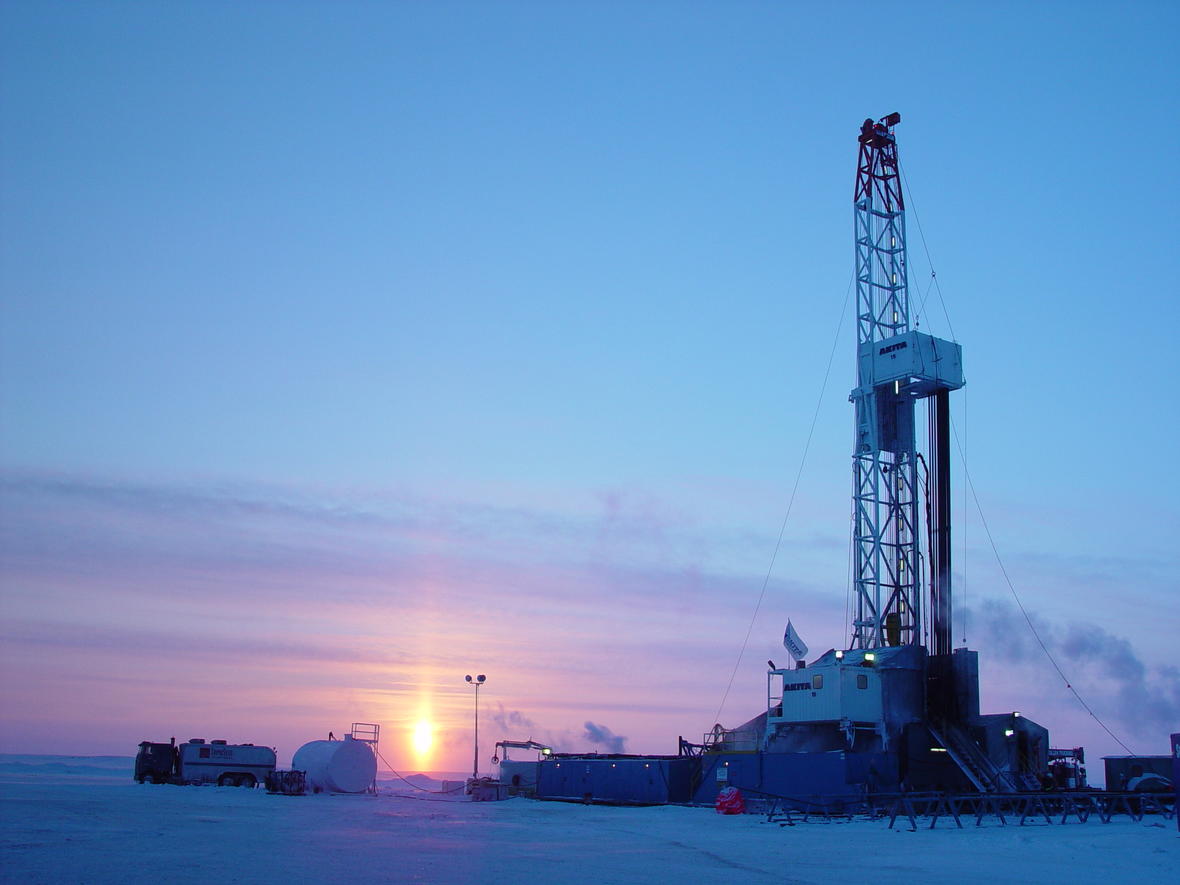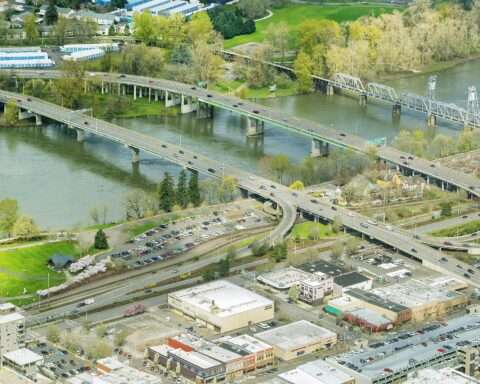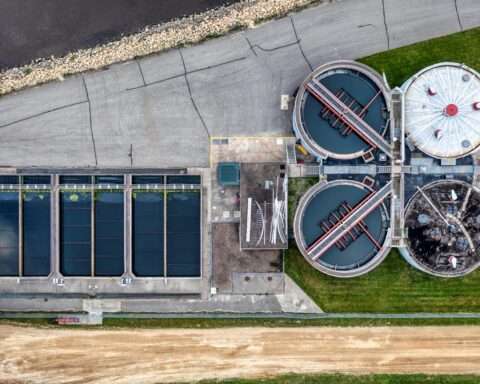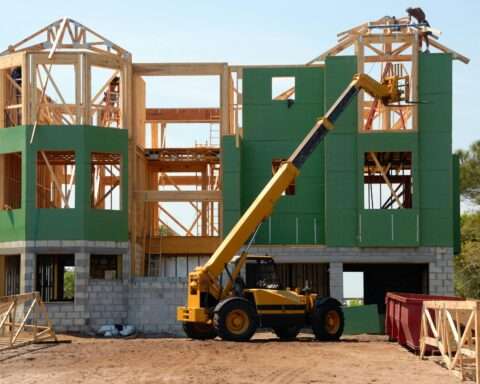This story was originally published in the Government Contracting Pipeline newsletter from Strategic Partnerships, Inc. To have the latest government contracting news stories from across the country delivered straight to your inbox, click here to subscribe.
The Department of Energy (DOE) will allocate more than $518 million to expand decarbonization infrastructure across the nation. The funds will support 23 projects designed to combat climate change by developing large-scale carbon storage projects capable of storing 50 million or more metric tons of CO2 over the next three decades.
The projects will support the Carbon Storage Assurance Facility Enterprise (CarbonSAFE) Initiative, a program dedicated to closing key gaps in the nation’s carbon capture and storage infrastructure network. Selected projects will help significantly reduce CO2 emissions from industrial operations, power plants and legacy emissions in the atmosphere.
The initiative is split into four distinct phases that creates a pipeline from project conception and feasibility to construction. In the most recent funding round, the DOE chose:
- 12 projects for the CarbonSAFE Phase 2: Storage Complex Feasibility stage. Participants will assess potential CO2 storage complexes, prioritizing regions that do not have these facilities.
- Nine projects for the CarbonSAFE Phase 3: Site Characterization and Permitting stage. Project teams will conduct detailed site characterization projects and obtain Underground Injection Control Class 6 permits, which use wells to inject CO2 into deep rock formations.
- One project for the CarbonSAFE Phase 3.5: NEPA, FEED Studies and Storage Field Development Only stage. The DOE will complete National Environmental Policy Act (NEPA) requirements to advance projects in this phase.
- One project for the CarbonSAFE Phase 4: Construction stage. These projects will build commercial large-scale secure geologic storage facilities.
A selection of the projects receiving funds include:
A company will receive $67.9 million to assess geologic formations in Georgia to determine if they are viable options for safe, permanent CO2 storage. The project will gather seismic data, drill test wells, obtain Class 6 well permits and evaluate the capture and transportation components of the value chain. After extensive information gathering and community engagement, the project will advance to detailed design and construction. The Phase 3 project’s total cost is $84.9 million.
An energy services company will use $50.3 million to advance the development of a large-scale CO2 storage hub in Alaska. The project will drill a well, study transport options, assess feasibility of CO2 from area emitters, create a storage field development plan, undertake NEPA actions and apply for an underground injection control Class 6 permit. The hub will include two injection wells and transport pipelines for two localized regions of CO2 emitters. The Phase 3 project has a total $62.9 million cost.
The only Phase 4 project receiving funds will use $48.6 million to build a dedicated, commercial large-scale geologic carbon storage facility in North Dakota. The facility will store up to 80 million metric tons of CO2, capturing 95% of emissions from a coal-based power plant. The project will transport captured carbon to injection wells and inject approximately 4 million metric tons per year over two decades. The project will drill three injection wells and one monitoring well, install equipment and complete facility infrastructure. The project’s total cost is $97.2 million.
A Californian carbon sequestration hub project will receive $45.2 million to develop a regional hub on an island. The project will drill three wells and perform logs, tests, measurements and analyses to characterize three sandstone formations and their seals. The results will guide Class 6 well permitting and help develop the storage field. The Phase 3 project’s total cost is $56.5 million.
With the latest round of funds, the DOE has distributed more than $1.4 billion to carbon sequestration, transport and storage projects since January 2021. The agency most recently allocated $242 million for nine projects in May 2023 and $444 million for 16 in November 2023.
Photo courtesy Tim Collett













